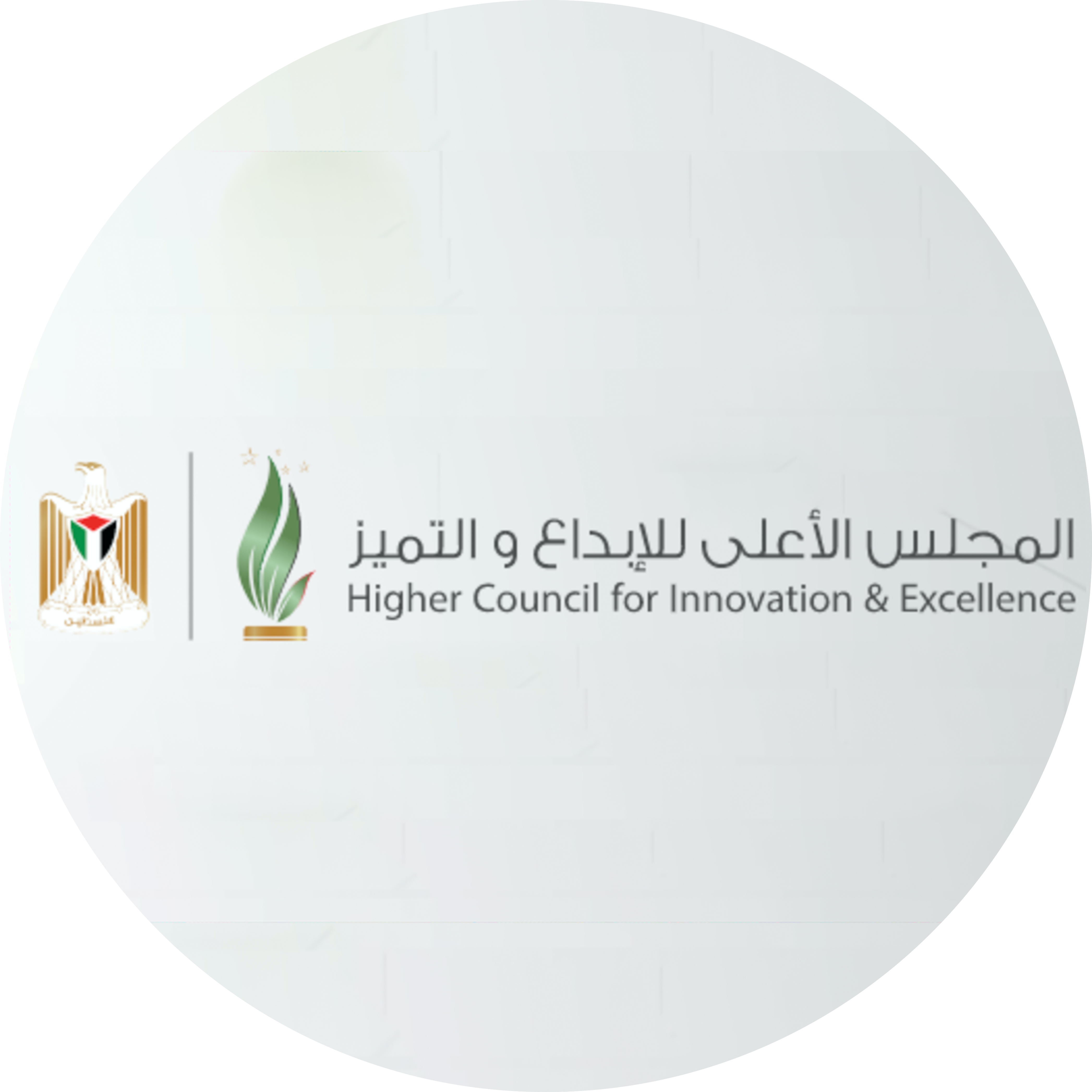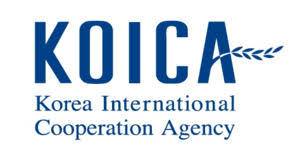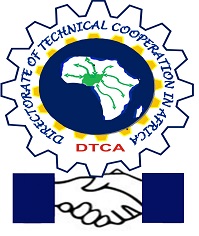Tumkur University
Description
About
Established in the year 2004, Tumkur University has gained and been recognized as an institution of higher learning on par with high profile national institutions. It is a State University, established to cater to the educational needs of Tumakuru district, where the majority of students come from a rural background.
Since its inception, the University has been witnessing tremendous growth in the development of its academic profile and infrastructural facilities. Within a short span of thirteen years, the University has been successful in being recognized as an Institute of National Eminence by the UGC, besides being recognized under section 12 (B) of the UGC Act 1956 and also successfully gaining ’B+’ grade by the NAAC accreditation.
Recently, the university has been rated as a ’Three Star’ institution under the Karnataka State Universities Rating Framework (KSURF) released by the Karnataka State Higher Education Council, Bengaluru. The evaluation was based on the criteria of Knowledge Production, Knowledge Transmission and Social Inclusiveness, besides taking into consideration the performance of the university in the domain of research, innovation, teaching, generating employment opportunities, providing basic amenities, inclusiveness and making social impact.
Seventeen Departments of Postgraduate Studies and Research in the faculties of Science and Technology, Arts, Commerce and Management; two Constituent Colleges, the University College of Arts and the University College of Science; and more than eighty-six affiliated Colleges constitute the universe of the Tumkur University. The ever swelling academic profile of the University constantly witnesses the highly qualified faculty of the University who have been regularly publishing scientific and research papers in refereed international journals and other new media, in addition to participating in conferences, workshops and other academic events.
The University offers PhD Programmes in all the faculties. The research profile of the University includes 62 Research projects from various funding agencies such as Indian Space Research Organization (ISRO), Department of Science and Technology (DST), Science and Engineering Research Board (SERB), UGC, ICSSR, ICHR, Vision Group on Science and Technology (VGST), Government of Karnataka, and the British Council, etc.
The Prasaranga, publication division of the University, has so far brought out several research-based books, besides bringing out a University Newsletter and two scholarly refereed journals including Pragmata: Journal of Human Sciences and Lokajnana: Journal of Cultural Studies in Kannada.
In addition, the University has had significant academic collaborations with several organizations and institutions of national importance including the Institute for Social and Economic Change, Bangalore; Tata Institute of Social Sciences, Mumbai; Intel, India; University of Rouen, France, National Law School of India University, Bangalore; and Mangalore University.
The gleaming history of the University owes its glory also to eminent scientists, Nobel Laureates, Spiritual Leaders including the 14th Dalai Lama who have visited the University. Our students and faculty have been immensely benefited by their interaction with scientists like Dr. APJ Abdul Kalam and several other thinkers and educationists
Vision
To create a generation of human resources to successfully meet global challenges.
Mission
- To transform guiding vision into action plan through a band of community of teachers who are professionally competent and conscientiously upright.
- To promote high quality of research for sustainable development of a society.
- To bridge the gap between academic knowledge and professional skill.
- To create adequate academic and physical infrastructure for high level performance.
- To promote and develop outreach and extension activities for disadvantaged groups of society.
- To introduce reformatory and innovative measures for balanced development.
- To build institutional networking for knowledge sharing.
- To initiate action to utilize the information and communication technology system.
- To institutionalize good governance with proper accountability, transparency and collective participation.
- To create adequate students support services for effective prosecution of their studies.
- To promote and develop vocational education, career and life skill development.
- To initiate and implement such other measures as are necessary for effective functioning of a university.
SECTOR
Education
Country
India
SDG
01 - No Poverty, 02 - Zero Hunger, 03 - Good Health and Well-being, 04 - Quality Education, 05 - Gender Equality, 06 - Clean Water and Sanitation, 07 - Affordable and Clean Energy, 08 - Decent Work and Economic Growth, 09 - Industry, Innovation and Infrastructure, 10 - Reduced Inequalities, 11 - Sustainable Cities and Communities, 12 - Responsible Consumption and Production, 13 - Climate Action, 14 - Life Below Water, 15 - Life on Land, 16 - Peace and Justice Strong Institutions, 17 - Partnerships for the Goals
Organization Type
Intergovernmental Organization
Similar Organizations





